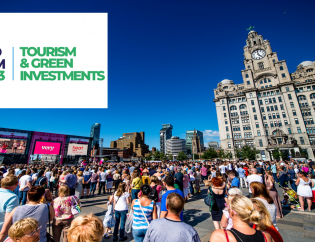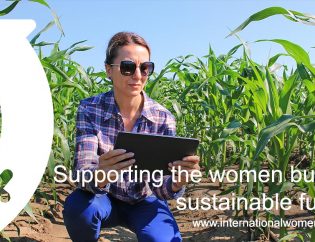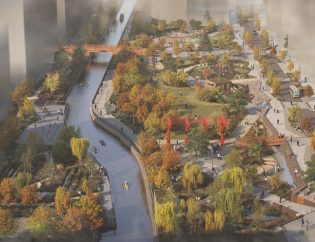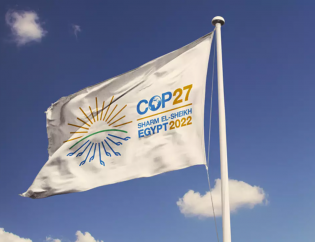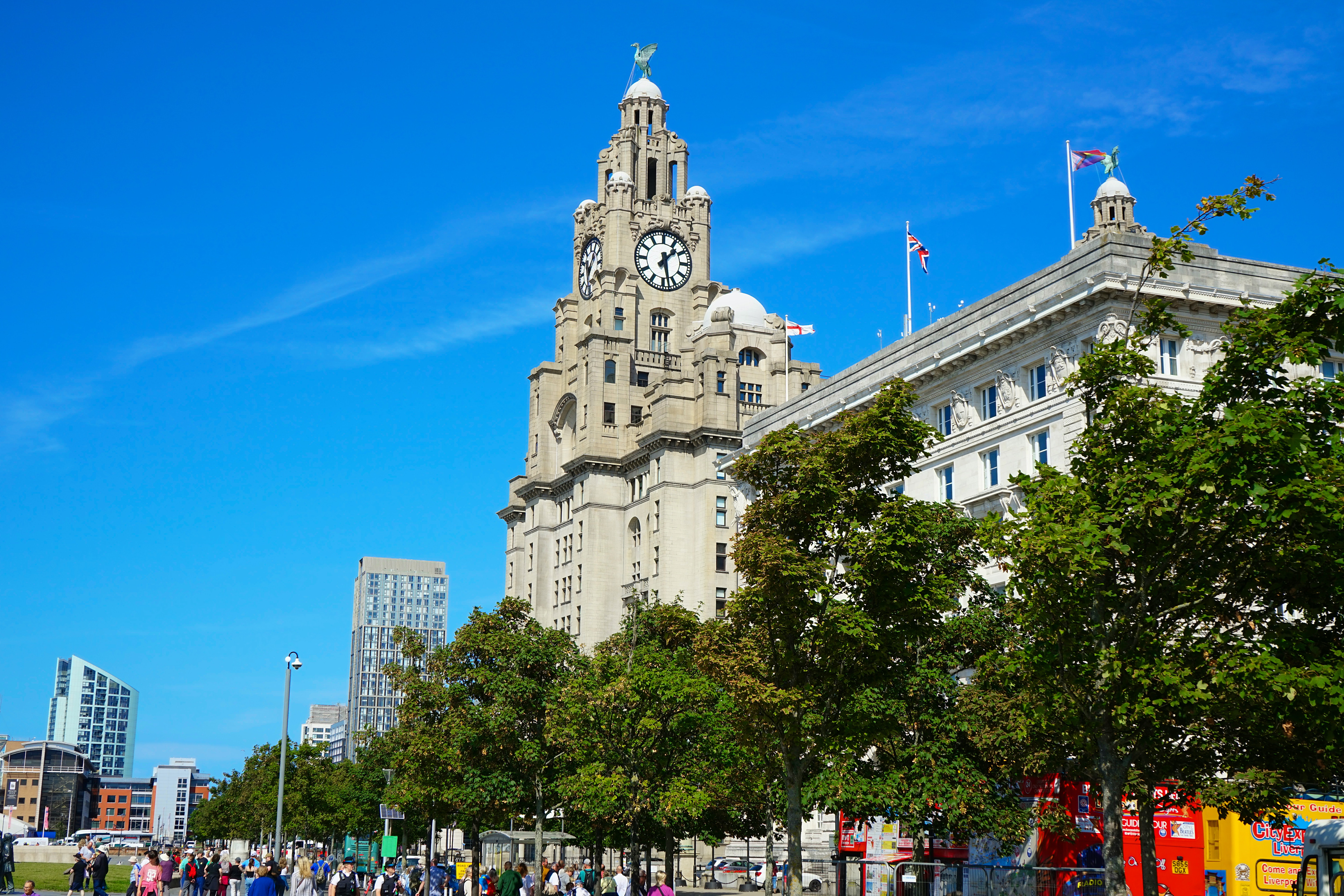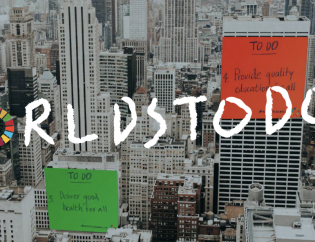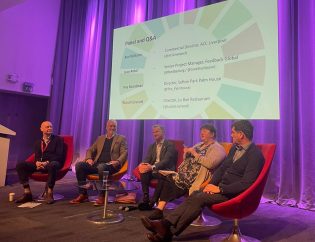
A rapidly growing movement of leading global cities are embracing SDG implementation through a new generation of locally relevant inclusive reporting and transparent data platforms.
Liverpool is the latest amongst a fleet of global cities, and the second in the UK (after Bristol) to unveil its own local Sustainable Development Goal (SDG) Platform. The natural progression from the 2020 commitment to carrying out a Voluntary Local Review (VLR), this site compiles available data from the Office of National Statistics Voluntary National Review (2019) about the 17 SDGs in the Liverpool City Region, which allows local stakeholders to engage on a much more effective level than by tracking national progress.
The advantage of tracking SDG progress on a city level is that it allows decentralised, local responses. These can be more flexible, and tailored especially to the city’s needs, and of specific communities within these cities. Change can be implemented faster on this smaller regional scale than in a nationwide capacity; and especially with regards to the climate crisis, time is of the essence. Comparing local VLR data to Voluntary National Review (VNR) data can provide an accurate picture of how a city is performing with regards to SDG progress.
It is also vital to make sure this data is open source, and as such accessible to multi-stakeholder audiences, rather than just academia or the public sector. This is where the Open SDG platform comes into its own. Free to use and maintain, this is an internationally used website collating national and local data from numerous countries. Anyone can view graphs and statistics related to SDGs in a growing number of locations, making sustainable development data presentable and easy to interpret for even unqualified stakeholders.
However, this approach can be limited by its purely quantitative nature. Realistically, SDG data needs to be supplemented with qualitative data and anecdotal evidence to create a complete picture of progress needed, and to understand what steps should be taken to achieve this. Local opinions and experiences must be considered, rather than merely relying on remote decontextualised datasets. This is something that has been promoted by UN Habitat's new 'SDG Cities' initiative, yet still needs further development and implementation. UN Habitat has recently set a target of 900 cities to be SDG 'certified' through this which potentially impacts over 1 billion people, and focusing on low to middle-income countries.
In terms of data availability, there is also admittedly a reasonable level of inconsistency, dependent on city size and prominence. For example, Sau Paulo and Bristol both published their first VLRs in 2019. Sau Paulo, the largest city in Brazil with a population of over 12 million, has data covering 600 indicators, whereas Bristol, with a population a little under half a million, currently has no data for a number of indicators. However, the advantage of the OpenSDG model here is that it can be readily updated and expanded-as new research and data comes to light, this can be added to the database, building up a more complete picture over time.
Ultimately, the VLR program is very much in its infancy. With continued focus, and fully recognised importance of the SDGs as a tool in sustainable development, a much more comprehensive network of data will inevitably be created, proving to be a valuable asset in achieving the 17 SDGs by 2030.
Check out Liverpool's evolving SDG Data Platform here.
Author: Jack Neath
